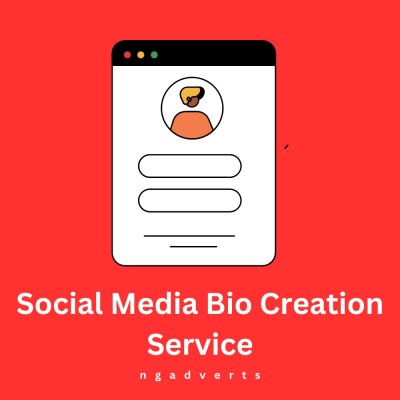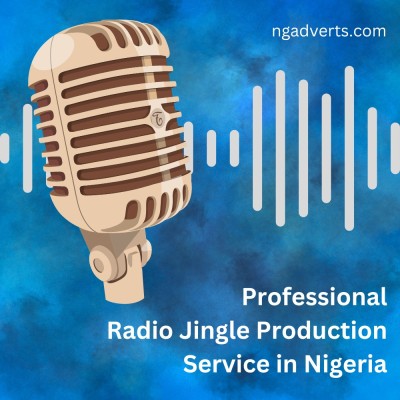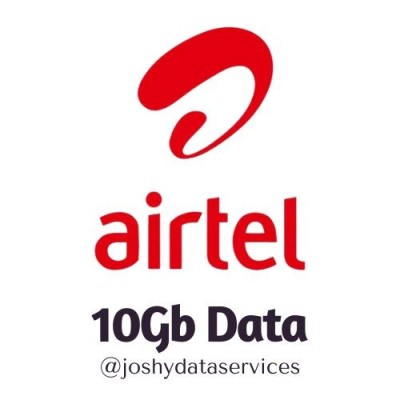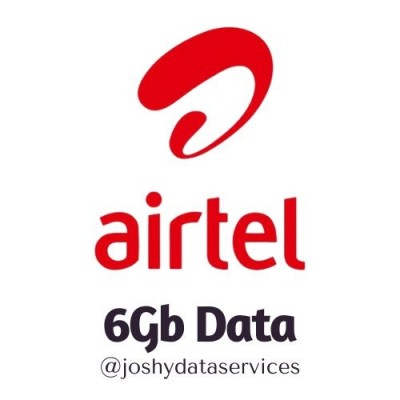Debunking Misconceptions About the Wider Web
Social media platforms, with their curated feeds and echo chambers, can create a warped perception of the online world.
We tend to see content that reinforces our existing beliefs, creating a "filter bubble" that blinds us to the vastness and diversity of the internet beyond.
This can lead to several misconceptions about traffic outside our favorite platforms, which can have real-world consequences.
Let's debunk some of these common myths:
Myth 1: Everyone Thinks Like Me
Just because your social media feed is filled with people who share your opinions, doesn't mean that's the majority.
The internet is a global phenomenon, with diverse viewpoints and experiences.
Stepping outside your comfort zone and exploring other platforms or forums can expose you to a wider range of perspectives, fostering empathy and understanding.
Myth 2: Social Media is the Real World
While social media platforms can be powerful tools for communication and activism, they represent a small, self-selecting portion of the population.
The vast majority of people interact, consume information, and engage in commerce outside these platforms.
Myth 3: My Opinion Matters Most
The echo chambers of social media can inflate our sense of self-importance.
Remember, the online world is just a fraction of the real world, and your opinion, while valuable, is just one among billions.
True impact often lies in engaging with diverse communities and finding common ground beyond the noise of social media.
Myth 4: Everyone is Online All the Time
While internet penetration is growing, a significant portion of the world's population still lacks access or chooses not to engage heavily online.
This digital divide highlights the importance of remembering that the online world is not a mirror of the real world, and our online interactions shouldn't overshadow the importance of offline relationships and experiences.
Myth 5: Social Media is the Only Way to Stay Informed
While social media can be a source of news and information, it's crucial to remember that it's often curated and biased.
It's essential to seek out diverse sources of information, including traditional media outlets, academic journals, and independent voices, to form a well-rounded understanding of the world.
By debunking these misconceptions, we can move towards a more inclusive and nuanced understanding of the online world.
Remember, the internet is a vast and ever-evolving landscape, and venturing beyond our social media bubbles can be an enriching and eye-opening experience.
So, put down your phone, explore different corners of the web, and engage with the diversity of voices that make up the online world. You might be surprised by what you discover!
#docimonlinemarket












